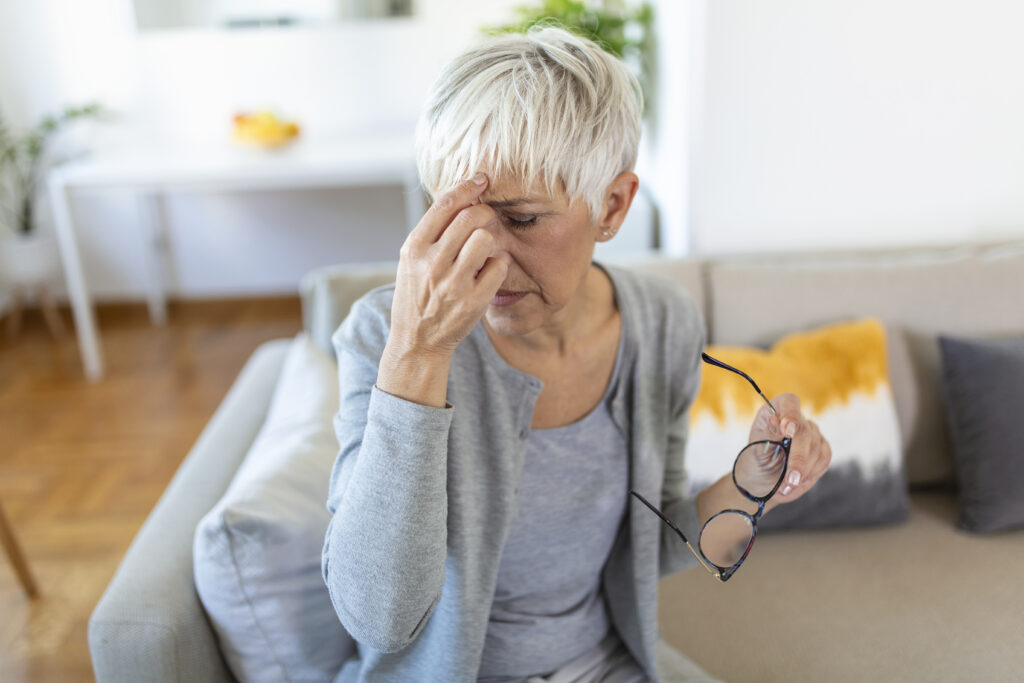Tips for Managing Fall Eye Allergies
Written by OptiCare Health on September 9, 2024
As fall arrives, many experience eye allergies due to allergens like pollen, mold, dust mites, and ragweed. Common symptoms include itching, burning, watering, redness, runny nose, and blurry vision. Here are some tips to help manage these symptoms:
- Limit Outdoor Activity: Stay indoors during high pollen times, especially before noon and on windy days.
- Shower After Being Outdoors: Wash your face and body to remove allergens.
- Use Artificial Tears or Eye Drops: Over-the-counter options can help soothe irritated eyes.
- Eat Omega-3 Rich Foods: Incorporate fish, flaxseeds, and walnuts into your diet to support eye health.
- Drink Warm Herbal Tea: Stay hydrated and soothe your eyes with caffeine-free herbal tea.
- Wear Glasses: Opt for glasses instead of contacts to avoid trapping allergens.
- Use Sunglasses: Wraparound sunglasses can protect against allergens and UV rays.
Dry Eye vs. Seasonal Allergies
- Dry Eyes:Cause a persistent dryness or gritty feeling, often worsened by dry environments or prolonged screen use.
- Seasonal Allergies: Typically cause itching, burning, and watering, along with other allergy symptoms like a runny nose.
Why Visit a Specialist?
If symptoms persist or you’re unsure of the cause, consulting an eye care professional is crucial. They can accurately diagnose the issue and recommend the best treatment.
For personalized care and effective management of your eye allergies, schedule an appointment with OptiCare Health. Our experts are here to help you stay comfortable and healthy this fall.
Post Views: 162

